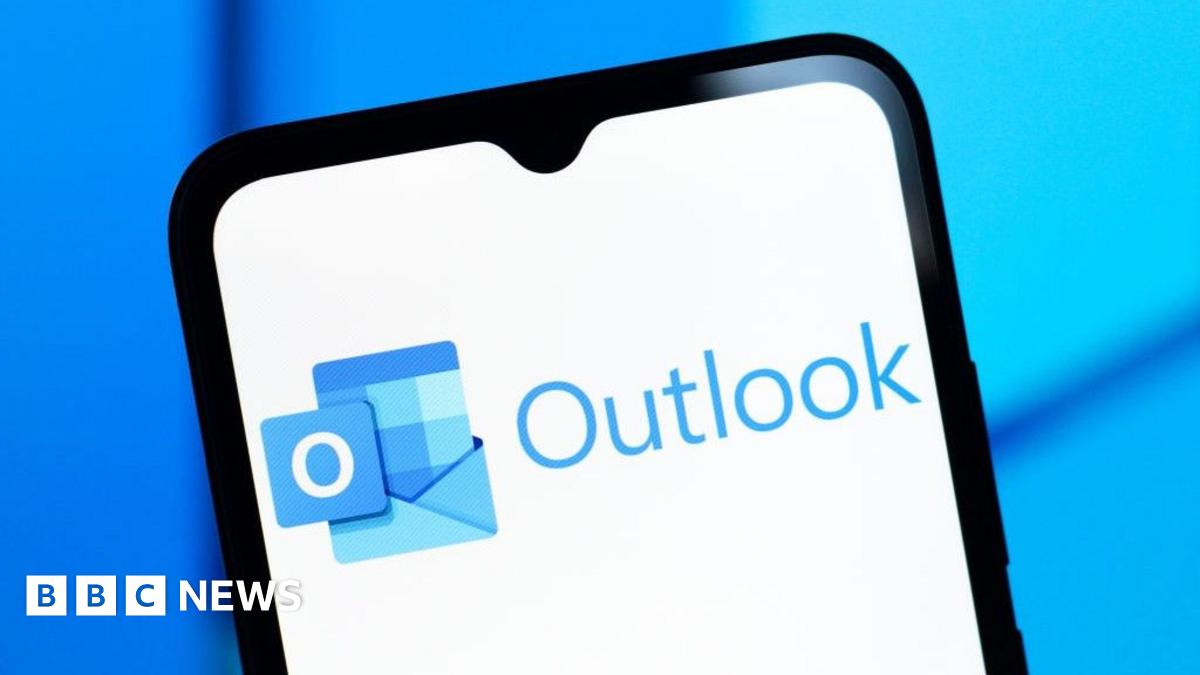So where does the digital sovereignty agenda go from here?
Some believe nothing will change unless Europe brings in new regulations that force regional organisations and governments to buy local technology. But according to Mr Berjon, the EU has been dragging its feet.
“There is definitely political interest, but it’s a question of turning it into a shared strategy.”
Matthias Bauer, director at the European Centre for International Political Economy, thinks the goal should be building up Europe’s technology sector so it can compete with the US and China.
In a report on EU competitiveness in 2024, Mario Draghi, former head of the European Central Bank, noted Europe is “severely lagging behind” in new technologies, and that “only four of the world’s top 50 tech companies are European”.
“It’s currently much harder for a tech company based in the EU to scale across the bloc than it would be for the same company in the US,” Mr Bauer says.
“You not only face different languages, but different contract law, labour market laws, tax laws, and also different sector-specific regulation.”
As for the theory that President Trump might flip a “kill switch” and turn off Europe’s internet, he’s highly sceptical.
“It would be a realistic scenario if we were close to a war, but I don’t see that on the horizon.”
Yet Mr Maisto says organisations must take the risk seriously, however remote.
“Two years ago, we didn’t think we would be talking about these topics in these terms in 2025. Now organisations want to get ready for what might happen.”

